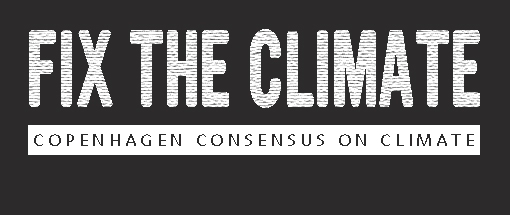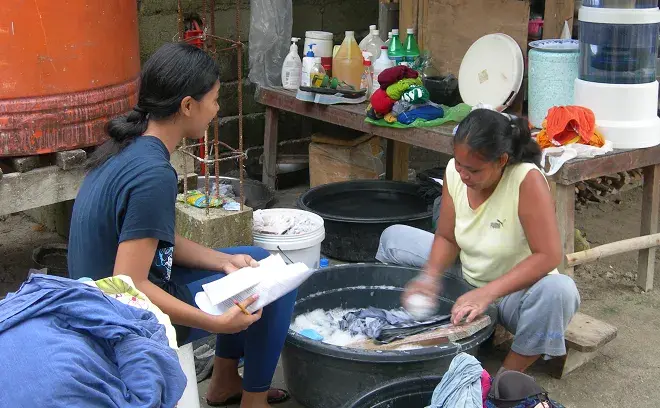Susan Pasacay Aceron, Philippines
With no connection to mainland Philippines other than by boat, few outsiders witness the poverty or problems on Caringo Island. Three thousand people live here, including housekeeper Susan Pasacay Aceron and her family of four.
“On the mainland, problems and lack of services are observable,” she says. “For an island like this, no-one sees the difficulties. The only help we got was from one local NGO, but they have phased that out.”
Caringo Island depends on seasonal fishing, leaving it vulnerable to financial instability. Susan describes seventy percent of her community as “very poor”. A quarter of Filipinos earn less than US$1.25 a day.
“There is a need for infrastructure development – there is none here, no proper health or education facilities”, Susan says.
A lack of concrete roads and bridges mean that Susan’s children struggle to reach school when it rains. The high school building has just two rooms, and the island lacks a hospital, trained doctor or nurses. Medical assistance is an hour-and-a-half boat-ride away.
Like about 2,500 other Filipino communities, Caringo Island is not connected to the main grid. Many areas of the Philippines are too isolated or expensive to reach with electric power lines. Without access to electricity, most people instead use kerosene lamps or candles for cooking and lighting.
Across the developing world, these are responsible for fires and injuries, and are a source of air pollution – a serious problem that causes respiratory diseases such as asthma and sinusitis and acute respiratory infections such as influenza and pneumonia.
The light from kerosene lamps is so dim that at night, children can only see their schoolbooks if they are almost on top of the flame, directly inhaling even more of the toxic smoke.
In the Philippines, the government has provided some remote homes, including Susan’s, with solar panels. But this source of electricity carries just 12 volts which can only run a single white light bulb.
The use of ‘green’ energy is widely touted by environmental campaigners as a smart response to climate change. By replacing fossil fuels with solar panels, goes the argument, we can reduce our carbon emissions and light up the planet in a sustainable way.
But Susan’s experience reveals that this sort of thinking remains pie-in-the-sky. In most cases, supplying remote areas with generators is much more cost-effective and helpful.
Today’s solar panels remain one-tenth as efficient as the cheapest fossil fuels. Poverty means that many Filipinos who have been given the panels cannot afford to maintain them.
If we want people like Susan to be able to afford ‘green’ energy in the future, the entire world needs to invest a lot more money into research and development into low-carbon energy sources.
Some environmentalist campaigners argue that much higher taxes and subsidies in developed countries are the best way to increase research and development into new, cheaper renewable energy sources. This is untrue. During the massive investment associated with the Kyoto treaty, participating countries’ investment in research and development as a percentage of gross domestic product or total economic output didn’t increase.
Susan worries, along with the much of the world, about the effects of global warming. Her poor, isolated island community without basic infrastructure is indeed particularly vulnerable. “My kids will be the ones affected by it,” she says.
Yet, the question remains. How should we help Susan? Should we invest in large-scale CO2 emission reductions at great cost, which would do nothing to help now and even in a hundred years have a marginal impact? Or should we focus on smart strategies that would do much more good now?
Wealthy countries could help Susan and her children today by making sure that they get access to the energy that will power their lives through generators. At the same time we should invest much more into making solar panel cheap and effective so Susan’s kids will have access to clean and cheap energy. This will also mean that choosing ‘green’ energy does not remain the preserve of the rich, but becomes a commonsense, attractive alternative, even for the poorest, most remote communities on the planet.
Researcher: Robert Solar


